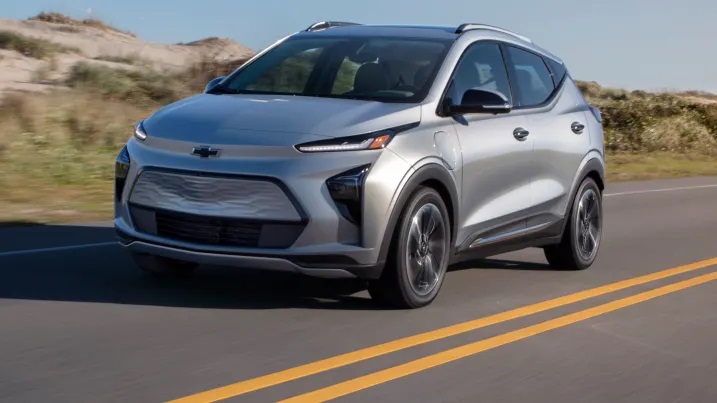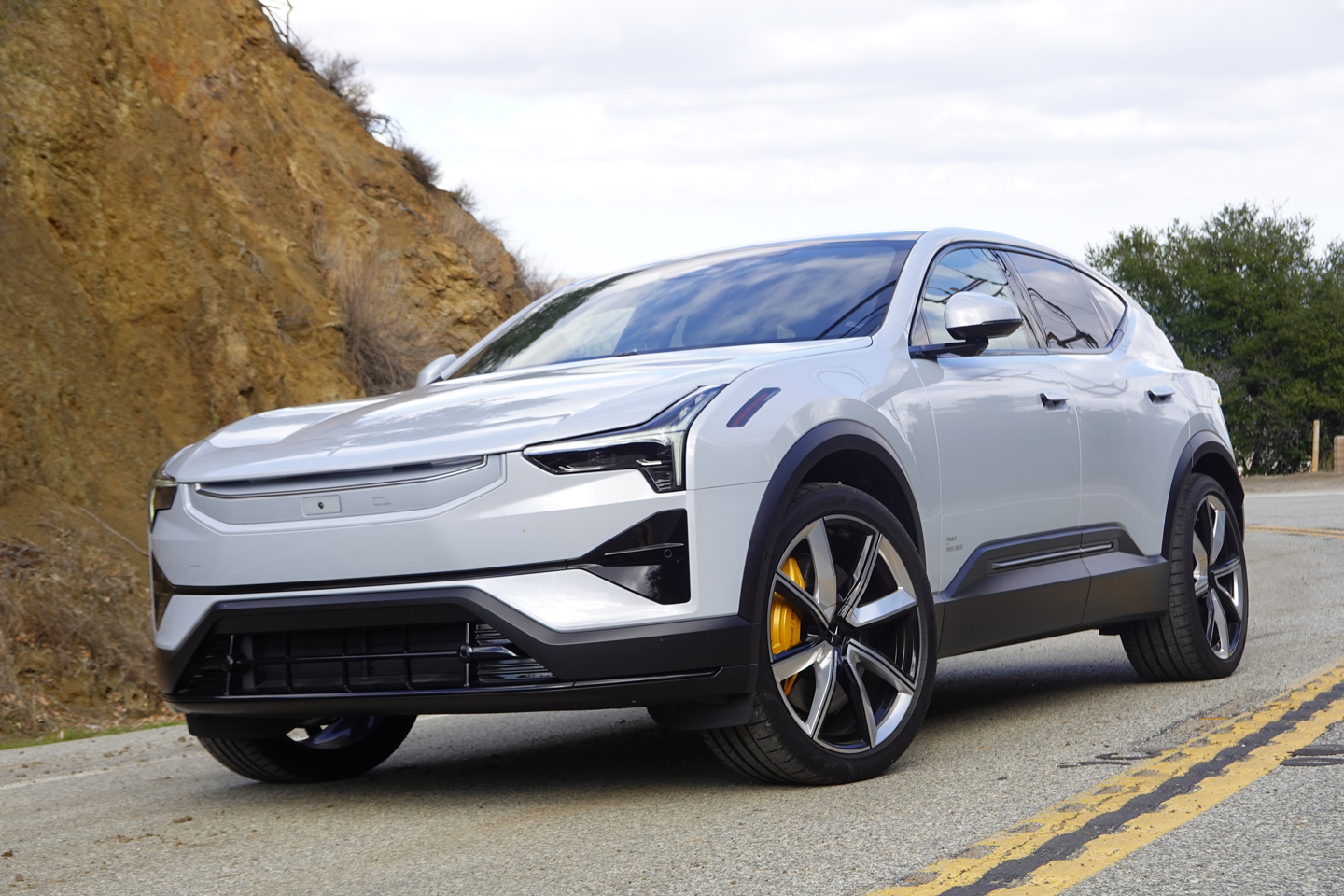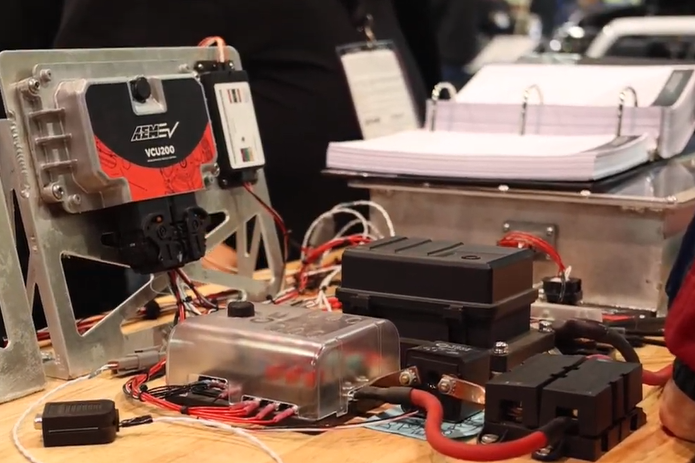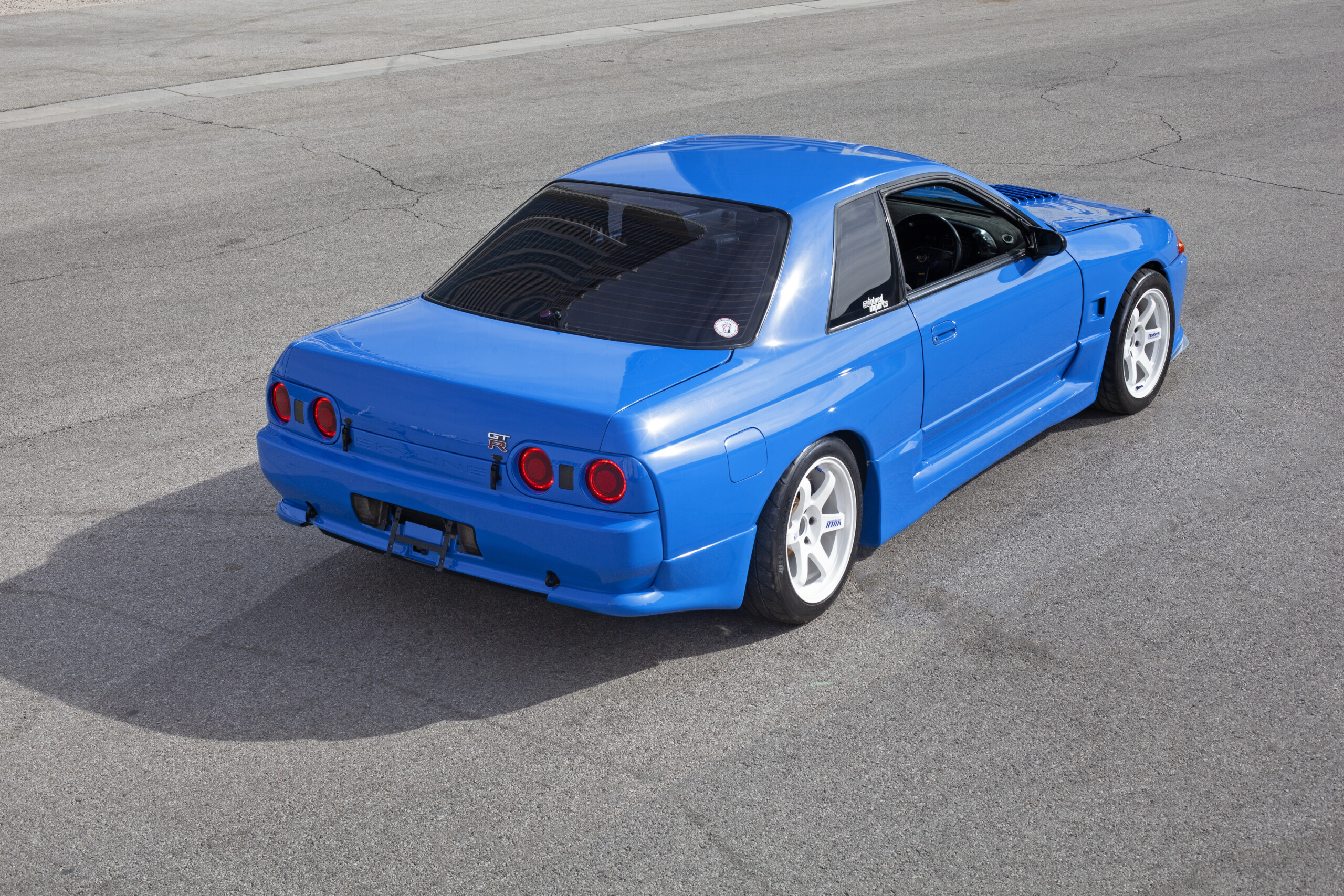General Motors buys Tooling & Equipment International, a strategic move to acquire a company that has been helping Tesla develop its gigacasting technology. This allows the automaker to produce large and complex body parts for its electric vehicles in one piece.
TEI is a Sand Casting Specialist
Also known as TEI, the company is a sand casting specialist. It has been working with Tesla since 2017 to create the giant molds needed for gigacasting. Sand casting is a process that uses 3D printing to quickly and cheaply test and validate mold designs. GM bought the company earlier this year for less than $100 million, according to sources familiar with the deal. The acquisition gives GM access to TEI’s unique casting expertise and technology. GM plans to use TEI’s casting knowledge for its future low-volume products like the Cadillac Celestiq, a luxury EV that will hit the market next year.
Jumping On The Bandwagon
By snatching TEI from Tesla, GM has also disrupted King Elon’s gigacasting supply chain. This will force him to rely more on its other three casting partners in Britain, Germany, and Japan. Tesla is also looking for another sand casting specialist or developing such skills in-house. Gigacasting is a key component of Tesla’s “unboxed” manufacturing strategy. This strategy aims to slash the assembly costs of its cars by half. It involves making the subassemblies of a car in single pieces using gigacasting and then stitching them together.
The Race to Master Gigacasting
Tesla has been leading the industry in gigacasting innovation, which has enabled it to design and produce EVs faster and more economically than its rivals. Tesla’s CEO Elon Musk has said that the company is working on a $25,000 EV that will be made possible by gigacasting. However, GM is not the only automaker that is trying to catch up with Tesla’s gigacasting prowess. Ford, Hyundai, Toyota, and others are also experimenting with gigacasting to make their EVs more efficient and affordable. The race to master gigacasting is heating up as the global EV market is expected to grow rapidly in the coming years. According to a report by Reuters, EV sales will reach 31.1 million units by 2030, accounting for 32 percent of total passenger car sales.
Electrified Mag’s Take
GM has been in the advanced materials and manufacturing game before Elon Musk was born. The General pioneered plastic car bodies in the early 1950s, modular construction in the 1980s, lost foam engine block casting and hydroforming in the 1990s, and mixed material assembly in the 2000s. This acquisition is interesting because it’s an admission that Tesla is on to something when it comes to reducing manufacturing complexity. It also signals that GM is willing to take the risks associated with gigacasting, i.e. non-repairability. You read that right, when a big cast part is damaged, it can’t be repaired. The insurance companies are already on to this and have boosted coverage rates accordingly, especially for Tesla vehicles. Lastly, while Tesla is reinventing the wheel to deliver a cheap EV, GM delivered the $25K Bolt in 2016 with zero gigacastings. Think of what they’ll do when they integrate gigacasting. Who will win the gigacasting battle? Will GM’s acquisition of TEI give it an edge over Tesla? Will Tesla be able to maintain its gigacasting leadership and deliver its $25,000 EV? Let us know your thoughts.














